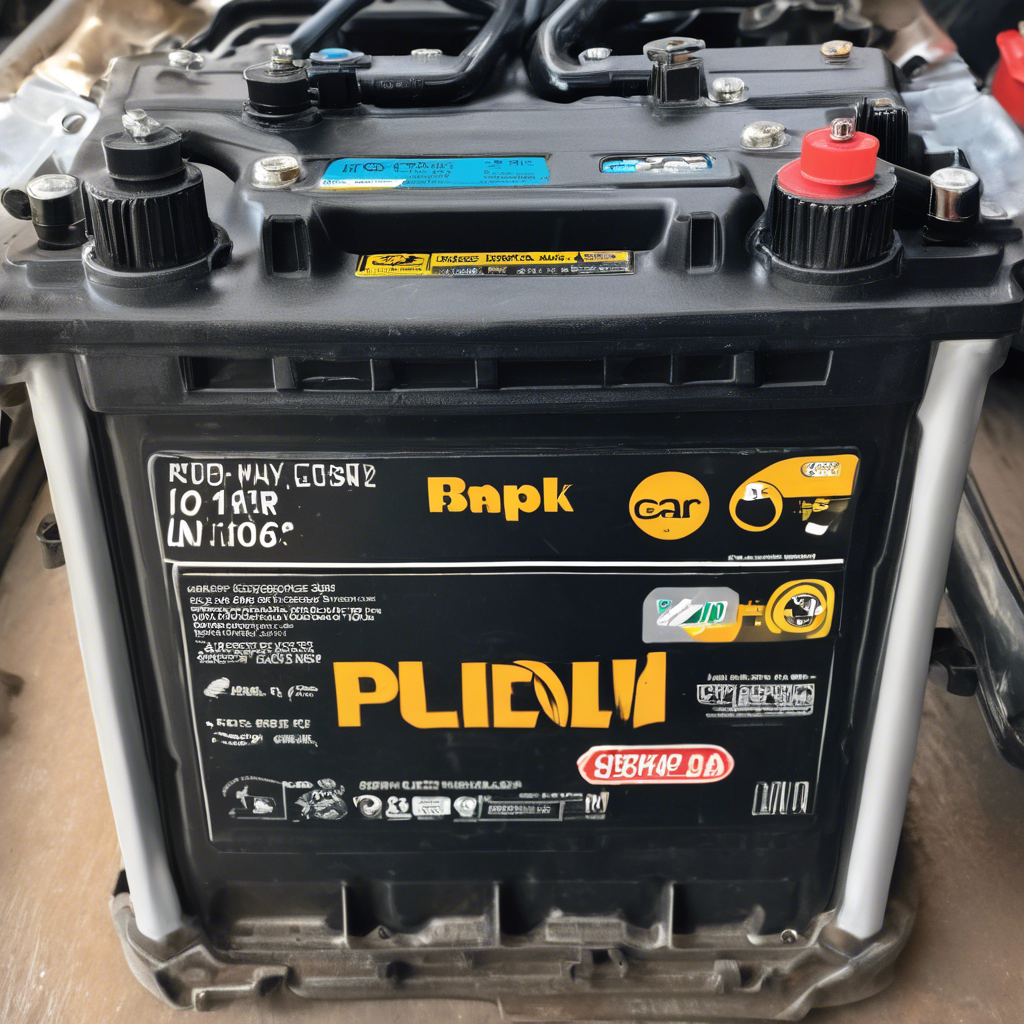Car batteries are an essential component of a vehicle’s electrical system. They provide the necessary power to start the engine, operate the lights, accessories, and other electrical components in a car. Without a functioning battery, a car would not be able to start or operate properly.

The abbreviation “Ah” stands for ampere-hour, which is a unit used to measure the capacity of a battery. It represents the amount of current a battery can supply over a specific period of time. The higher the Ah rating, the longer the battery can provide power before needing to be recharged.

Car batteries typically have Ah ratings ranging from 30 Ah to 100 Ah or more. The appropriate Ah rating for a car battery depends on factors such as the size and electrical demands of the vehicle. Larger vehicles or those with a higher number of electrical components may require a battery with a higher Ah rating to provide sufficient power.

In addition to the Ah rating, car batteries are also specified by their voltage. Most car batteries have a voltage of 12 volts (V), which is the standard electrical system voltage for most vehicles. Some specialty vehicles or systems may require batteries with higher voltage ratings.
When selecting a new car battery, it is important to consider the Ah rating to ensure that it is suitable for the vehicle’s electrical needs. A battery with a higher Ah rating can provide more power and have a longer runtime before needing to be recharged. However, it is also important to consider the physical dimensions of the battery to ensure that it will fit in the vehicle’s battery compartment.
Car batteries are typically lead-acid batteries, which consist of lead plates immersed in a sulfuric acid electrolyte solution. When a car battery is discharged, the chemical reactions between the lead plates and the electrolyte produce electrical energy. When the battery is recharged by the vehicle’s alternator, the chemical reactions are reversed, and the battery is restored to its original state.
To help prolong the life of a car battery, it is important to take proper care of it. This includes regularly inspecting the battery for signs of corrosion or damage, ensuring that the battery terminals are clean and securely connected, and avoiding excessive discharge or overcharging. Extreme temperatures can also affect the performance and lifespan of a car battery, so it is important to store the vehicle in a moderate climate if possible.
In conclusion, the Ah rating of a car battery refers to its capacity to supply electrical current over a specific period of time. It is an important factor to consider when selecting a new battery for a vehicle, as it determines how long the battery can provide power before needing to be recharged. Taking proper care of a car battery can help ensure its longevity and optimal performance.
